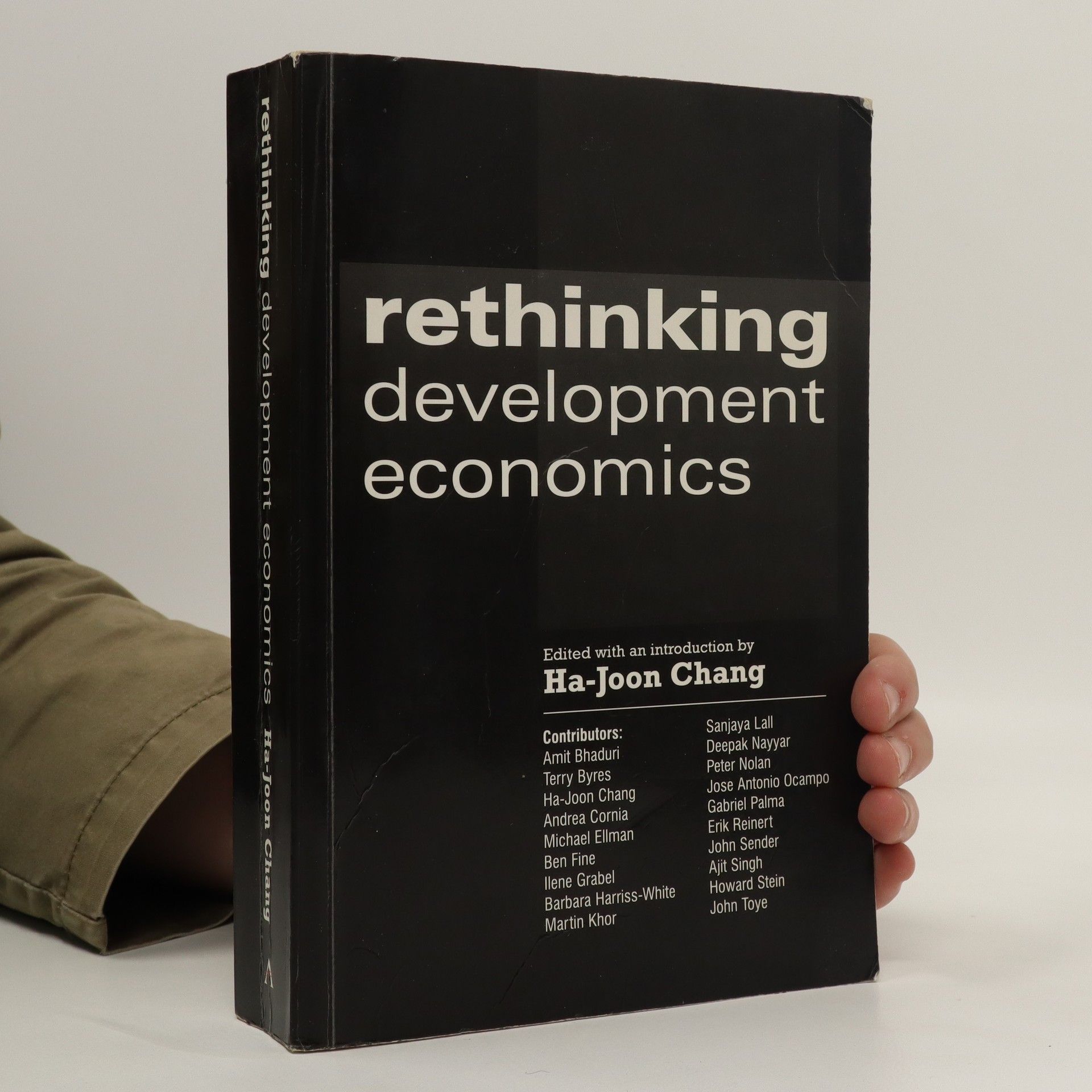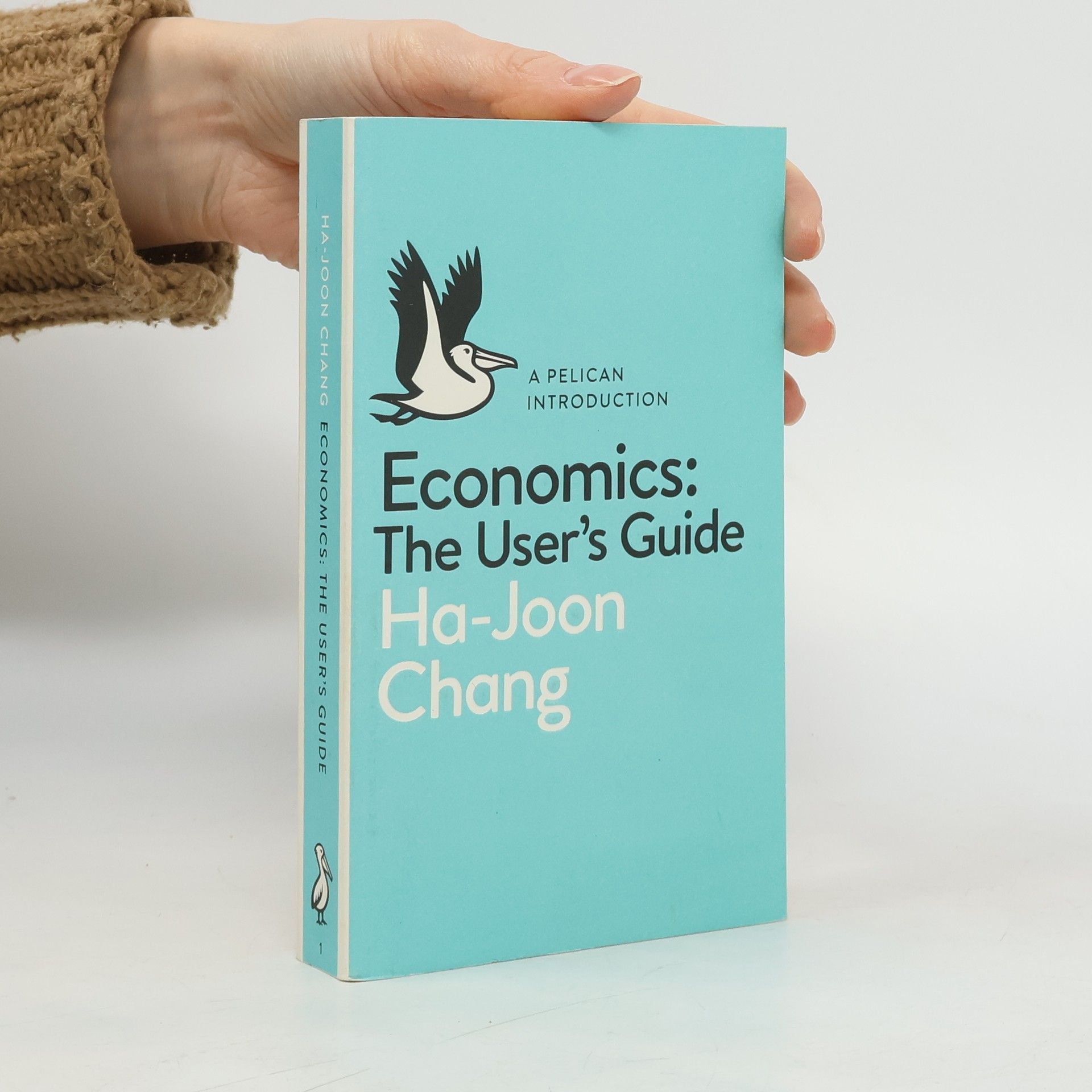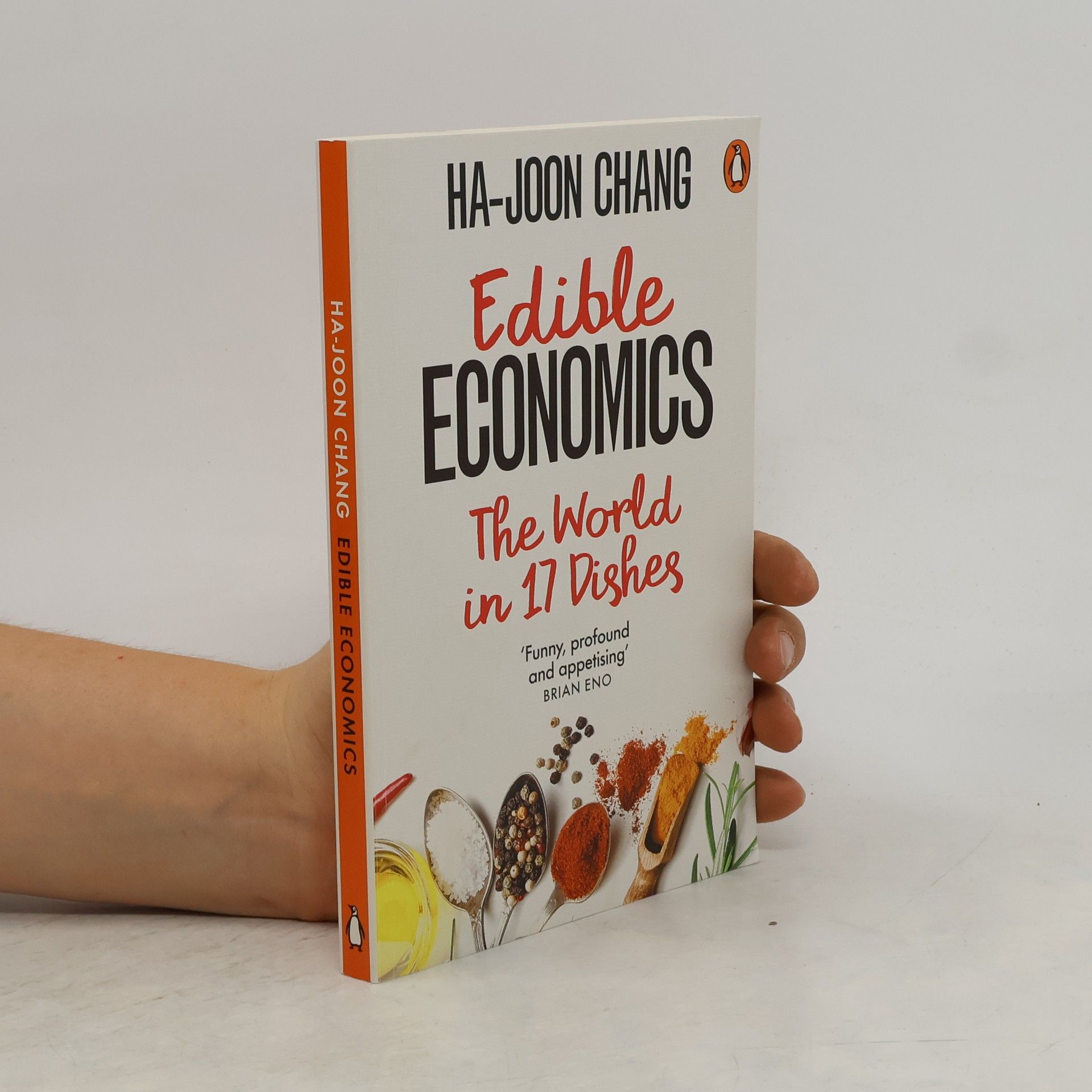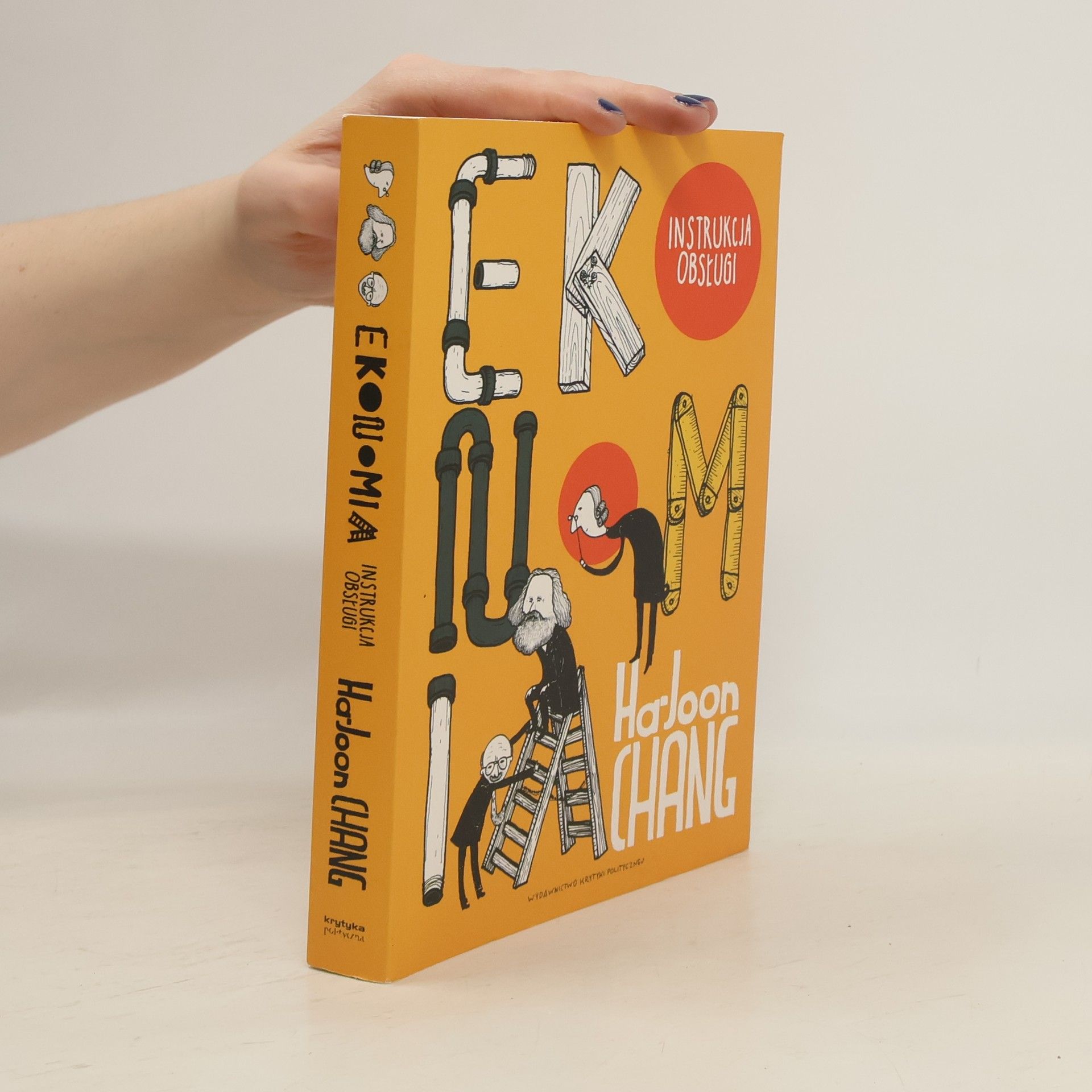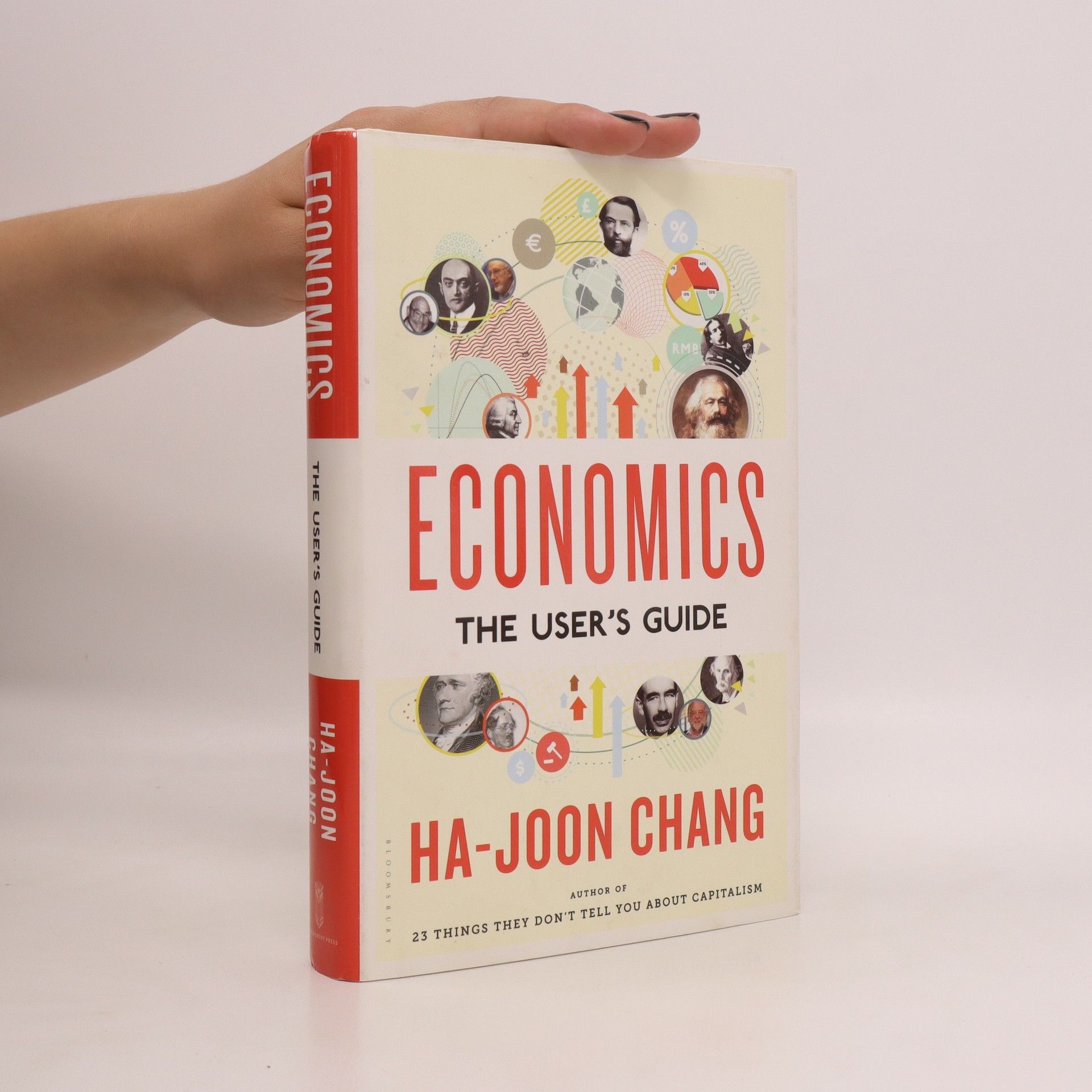23 Dinge, die man uns über den Kapitalismus nicht erzählt
- 368 pages
- 13 hours of reading
Was glauben Sie über den Kapitalismus zu wissen? Seit den 1980er-Jahren prägt die Ideologie des freien Marktes die Welt. Doch hat sie ihre Versprechen wirklich eingelöst? Macht die Globalisierung die Welt wirklich reicher? Produzieren hochbezahlte Manager wirklich bessere Ergebnisse? Macht Liberalisierung arme Länder wirklich wohlhabender? Mit fachlicher Präzision und zugleich verständlicher Sprache zerlegt der Wirtschaftswissenschaftler und Berater Ha-Joon Chang die zentralen Mythen des Kapitalismus. In 23 Thesen und Gegenthesen analysiert er die Grundzüge der Marktwirtschaft des 21. Jahrhunderts und legt dabei die Brüche und Limitationen einer rein marktgetriebenen Gesellschaft offen. Klar strukturiert wird dabei aufgeführt, was man uns erzählt, was man uns verschweigt, und warum wir uns nicht mit den vermeintlich einfachen Antworten zufriedengeben dürfen, die uns die Vertreter der freien Marktwirtschaft glauben machen wollen. Chang liefert das nötige Rüstzeug, um die Halbwahrheiten der neoliberalen Ökonomie zu durchschauen. Für alle, die sich nach einer differenzierten Sichtweise sehnen und ihr Unbehagen gegenüber dem Kapitalismus in klare Erkenntnis verwandeln möchten, ist dieses Buch unverzichtbar. Dieses Buch ist eine Neuauflage des 2010 bei C. Bertelsmann erschienenen Ausgabe mit dem Titel 23 Lügen, die sie uns über den Kapitalismus erzählen.


